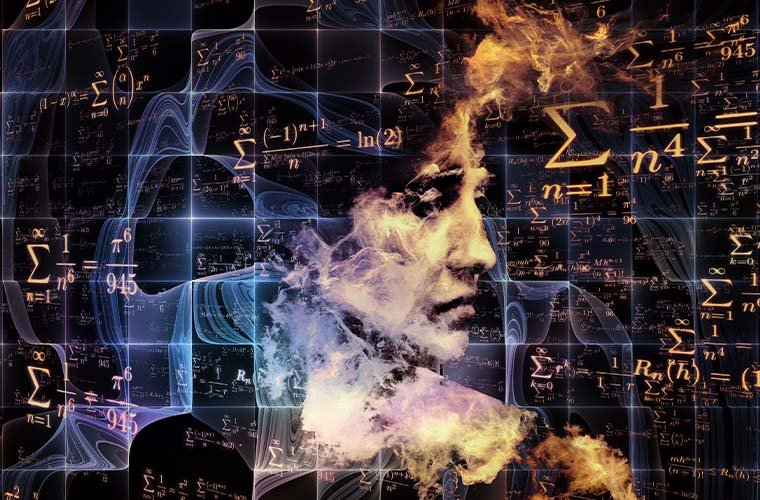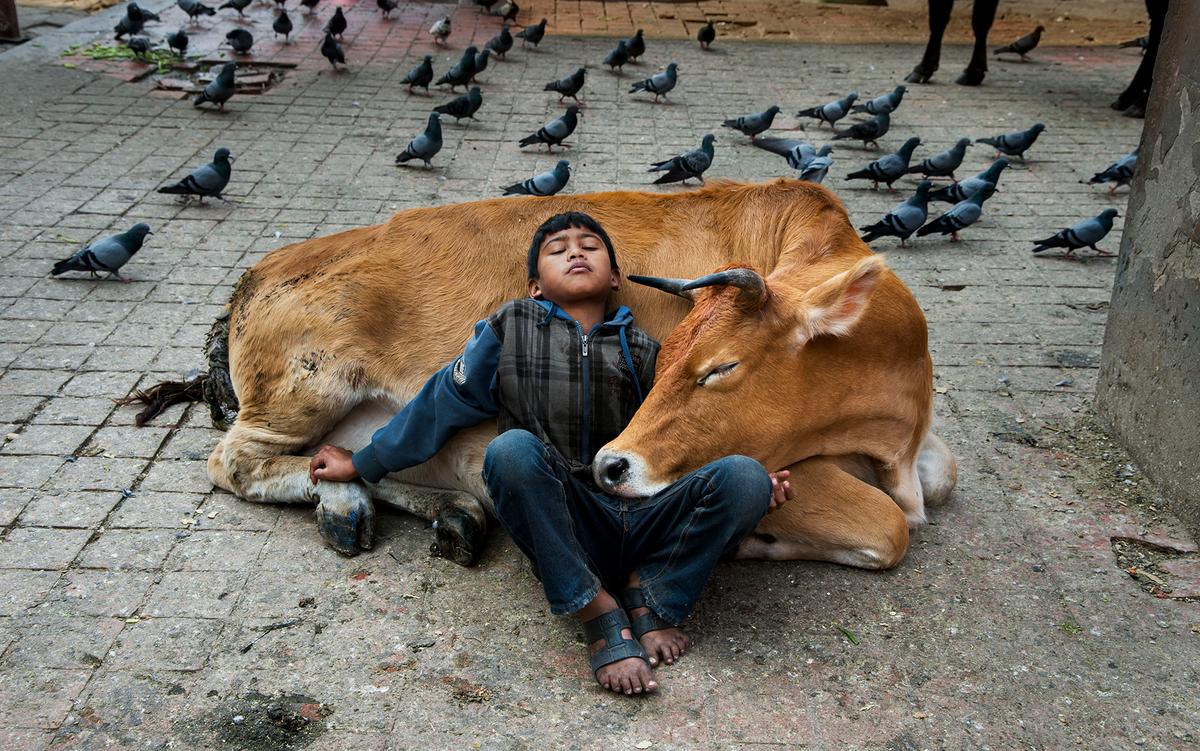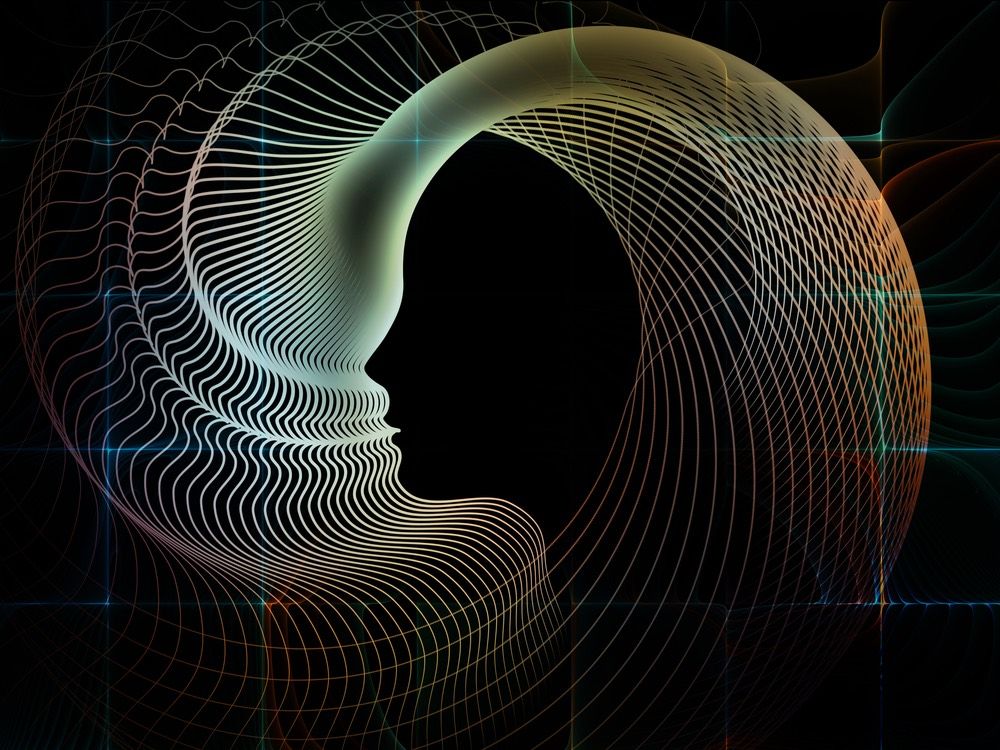- Joined
- Feb 23, 2016
- Messages
- 23,571
- Likes
- 44,335

Is Consciousness Really a Memory System For Our Interactions With Reality? New Research Says Maybe.
A new study proposes a novel theory of consciousness as a memory system that records our unconscious interactions with reality.
Short version.
You can download the full article here and it actually is much more interesting.
Cognitive and Behavioral Neurology
Consciousness as a Memory System
Andrew E. Budson, MD,*† Kenneth A. Richman, PhD,‡ and Elizabeth A. Kensinger, PhD§
Abstract: We suggest that there is confusion between why con-
sciousness developed and what additional functions, through con-
tinued evolution, it has co-opted. Consider episodic memory. If we
believe that episodic memory evolved solely to accurately represent
past events, it seems like a terrible system—prone to forgetting and
false memories. However, if we believe that episodic memory devel-
oped to flexibly and creatively combine and rearrange memories of
prior events in order to plan for the future, then it is quite a good
system. We argue that consciousness originally developed as part of
the episodic memory system—quite likely the part needed to accom-
plish that flexible recombining of information. We posit further that
consciousness was subsequently co-opted to produce other functions
that are not directly relevant to memory per se, such as problem-
solving, abstract thinking, and language. We suggest that this theory is
compatible with many phenomena, such as the slow speed and the
after-the-fact order of consciousness, that cannot be explained well by
other theories. We believe that our theory may have profound im-
plications for understanding intentional action and consciousness in
general. Moreover, we suggest that episodic memory and its associated
memory systems of sensory, working, and semantic memory as a
whole ought to be considered together as the conscious memory system
in that they, together, give rise to the phenomenon of consciousness.
Lastly, we suggest that the cerebral cortex is the part of the brain that
makes consciousness possible, and that every cortical region contrib-
utes to this conscious memory system.
Last edited:



